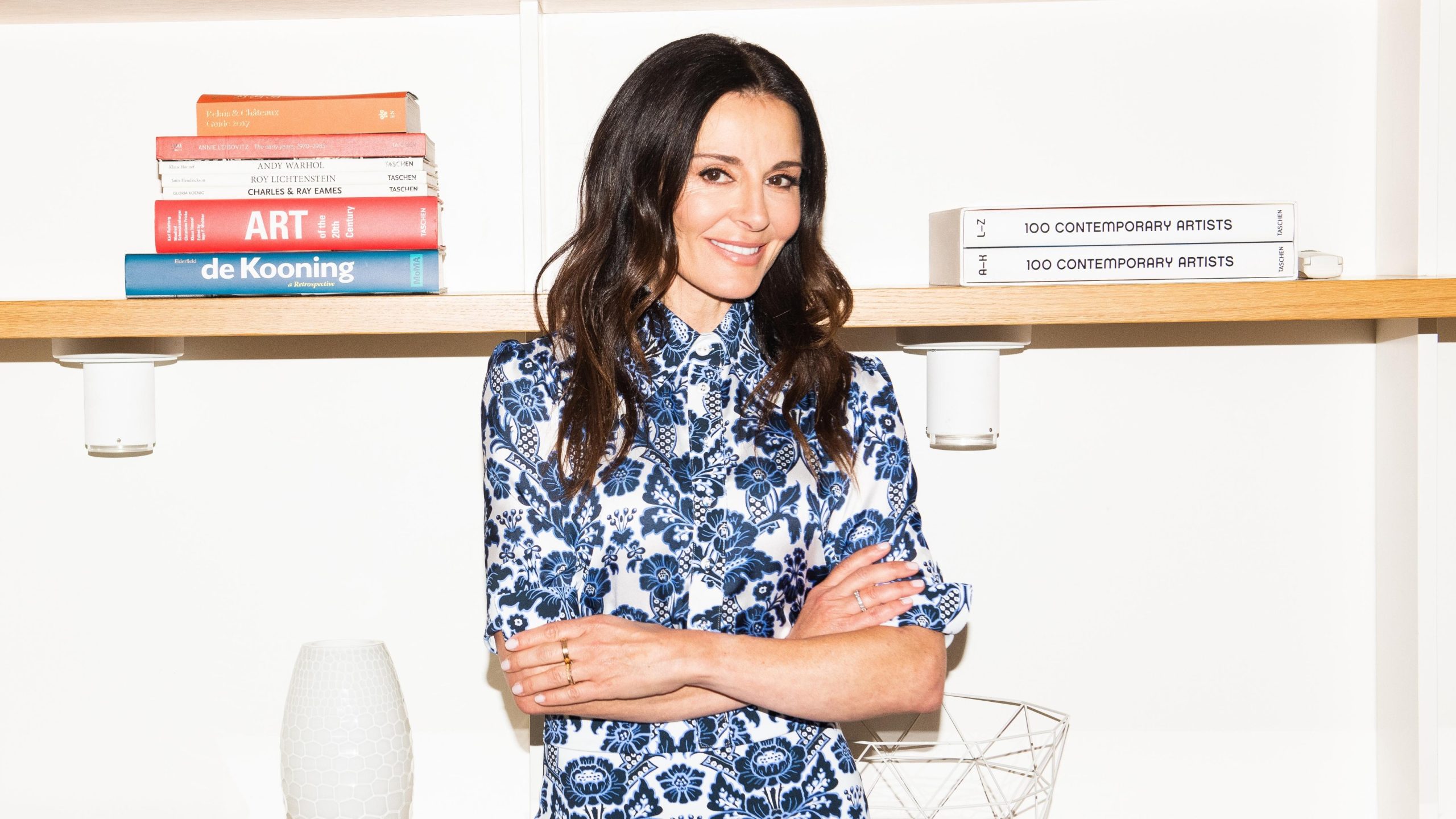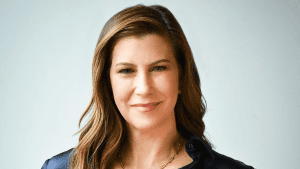As the driving force behind Toronto’s acclaimed Gusto 54 Restaurant Group, Janet Zuccarini is a rare blend of visionary and architect, crafting a culinary empire that pays homage to her Italian heritage while pushing the boundaries of what hospitality can be. Her restaurants, including the beloved Gusto 101 and the pasta-centric Felix Trattoria in Los Angeles, are more than dining destinations; they are community anchors, each designed to deliver a dining experience that balances warmth and precision, artistry, and authenticity.
For Zuccarini, food has always been a universal language, a bridge connecting diverse backgrounds around a shared table. Rooted in her Italian upbringing, where meals were occasions for connection, she’s made it her life’s work to recreate that sense of gathering and nourishment for her guests. It’s this deeply personal ethos that informs each of her ventures. From hiring top-tier culinary talent to preserving traditional food craftsmanship, she’s not just feeding patrons—she’s honouring culture and tradition, making her restaurants feel like living museums that celebrate the artistry of handmade dishes.
But building an empire in an industry notorious for slim margins and high turnover takes more than just passion—it requires resilience, grit, and an unwavering commitment to excellence. Zuccarini’s journey hasn’t been without challenges, yet her strategic foresight, such as investing in real estate to provide long-term stability, has been crucial in ensuring her restaurants’ endurance.
In an industry often marked by challenges and a lack of gender parity, Zuccarini stands as a powerful example for women entrepreneurs. She’s redefined what it means to be a woman at the helm of a hospitality empire, demonstrating that success in this space can be about more than just business; it’s about building community, preserving tradition, and setting a new standard for resilience and leadership.
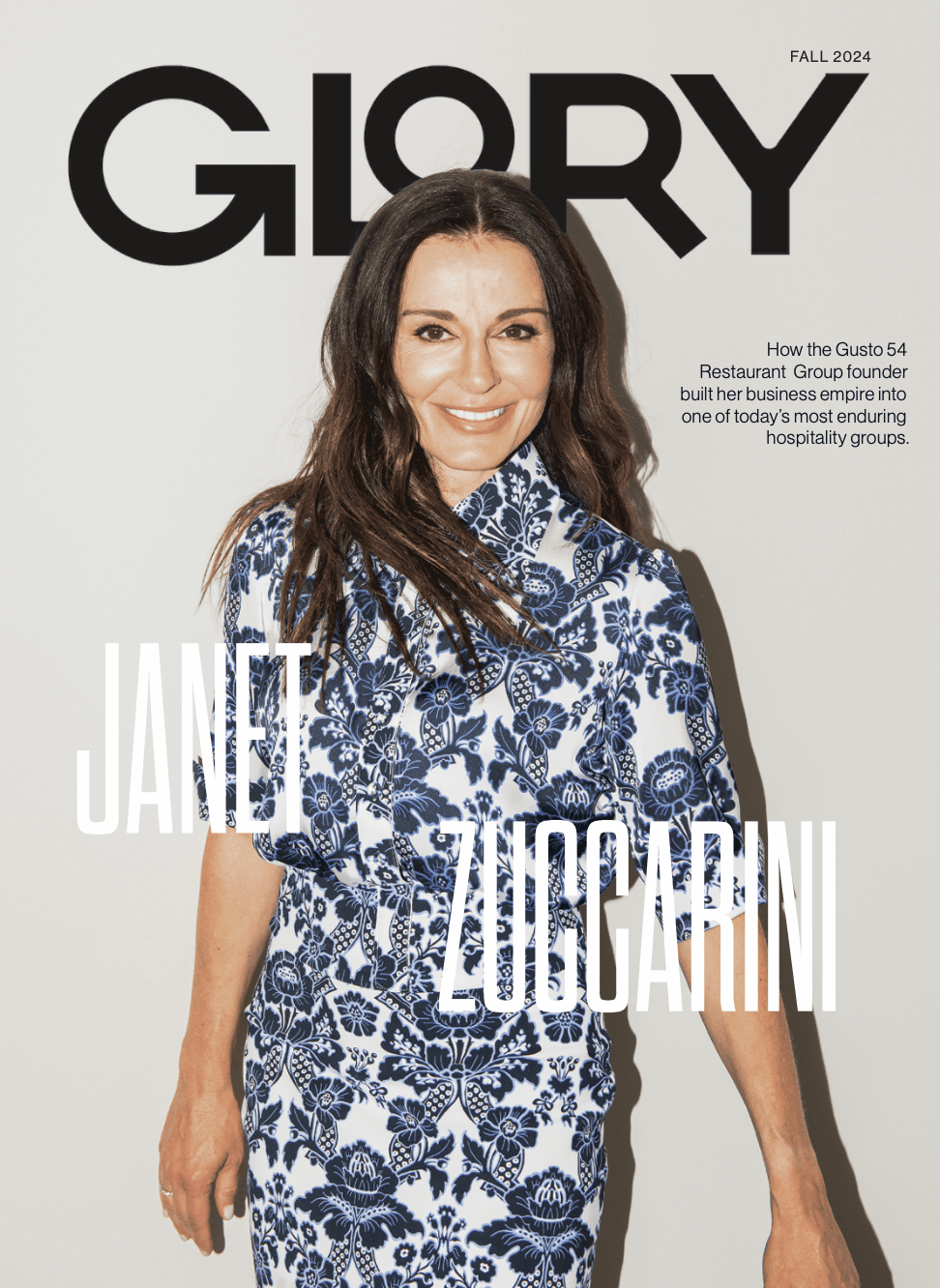

Food is such a universal language. It brings people together regardless of background. As someone fluent in that language, what does the concept of “breaking bread” mean to you?
Janet Zuccarini: I’m half Italian, but I feel fully Italian. Living in Rome for eight years deeply ingrained in me the cultural importance of sitting down with friends and family to share a meal. Wherever I live, I prioritize this ritual. Even in Toronto, I always make time for a hot lunch, whether I’m dining out, cooking alone, or gathering with loved ones. Hospitality is my way of nurturing—my career revolves around feeding and nourishing people. I’ve only ever been in restaurants and hospitality, so this connection runs through my veins in a very serious and genuine way.
What is a cherished memory around food that shaped your perspective as both a restaurateur and a food lover?
Janet Zuccarini: My most cherished food memory is tied to a rigatoni dish my Italian grandmother taught my father. He passed the recipe to my mother, and when I moved to Italy, I called my mom to learn it myself. It was the first dish I truly mastered, and it’s still a favourite among friends and my personal go-to. This one pasta dish represents so much of my Italian cooking heritage.
When did you first discover your point of view as a restaurateur? Was it rooted in growing up in an Italian household?
Janet Zuccarini: Definitely. Growing up, I had hot, homemade meals daily. My friends, especially those without that experience, would ask to come over for a “real” meal. When I moved to Italy, cooking became essential as a student. Friends encouraged me to open a restaurant, and though I never envisioned it, I ended up doing just that after university. It’s been my life ever since—professionally and personally, food is in my DNA.
RELATED: Our Place’s Shiza Shahid is Creating More Seats at the Table
Many of your restaurants honour the craftsmanship behind dishes, like handmade pasta, which can be traced back to specific regions or families. What role do you think food plays in preserving culture?
Janet Zuccarini: Food is integral to preserving cultural heritage. For example, our restaurant Felix in Los Angeles centers on the dying art of handmade pasta, a craft my chef and partner Evan Funke is passionate about. Each pasta shape often belongs to a specific region or even a small town. While it’s challenging to keep such traditions alive in a world driven by efficiency, preserving them through restaurants is meaningful. Felix feels like a living museum, where guests experience culture rather than just observe it.
Restaurants allow people to experience culture firsthand rather than viewing it passively in a gallery.
Janet Zuccarini: Exactly. Not every restaurant operates with this intention, but those that do make a significant impact. It’s about cherishing art forms that require labour and care, which is rare in today’s fast-paced world.
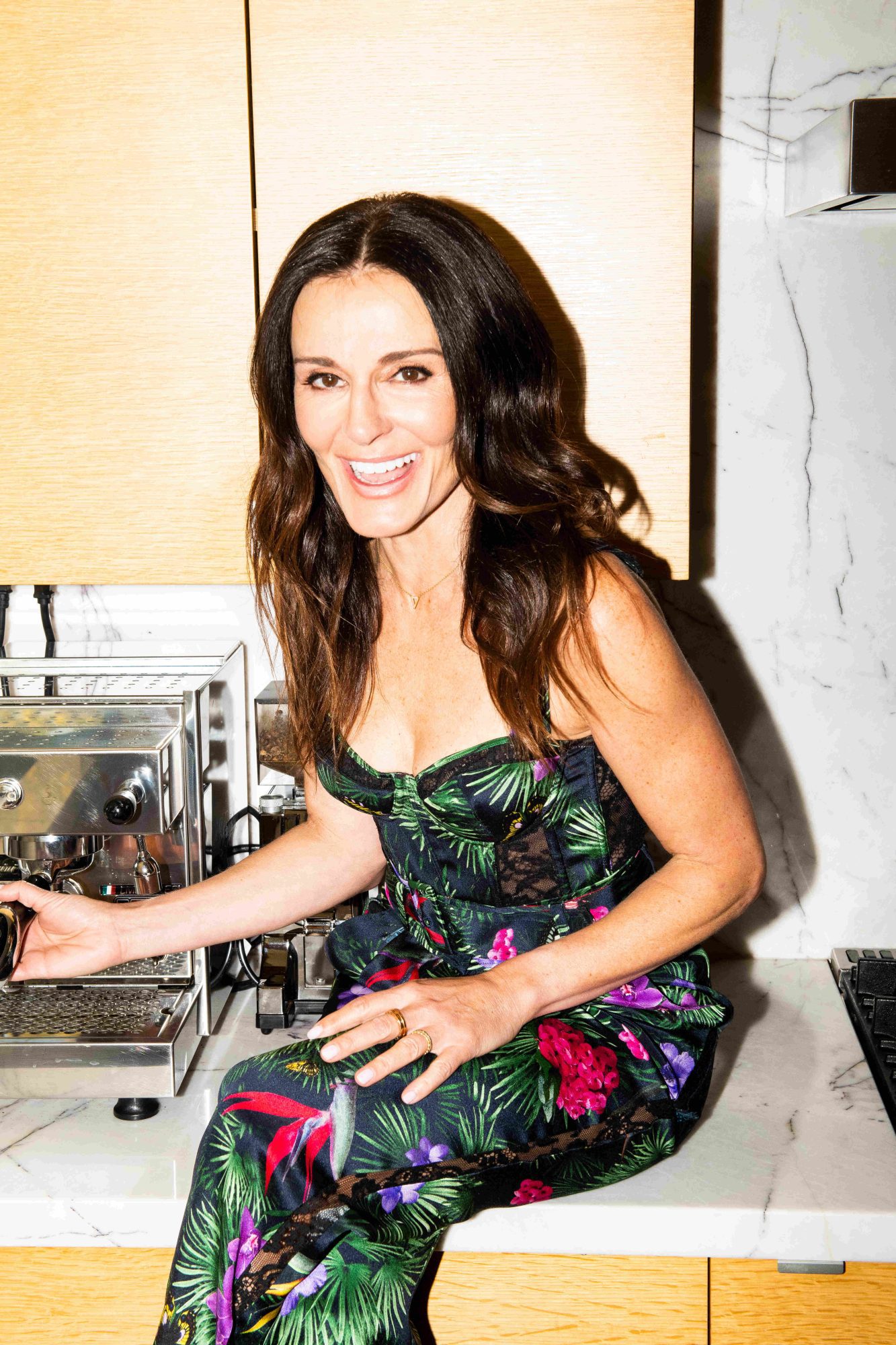

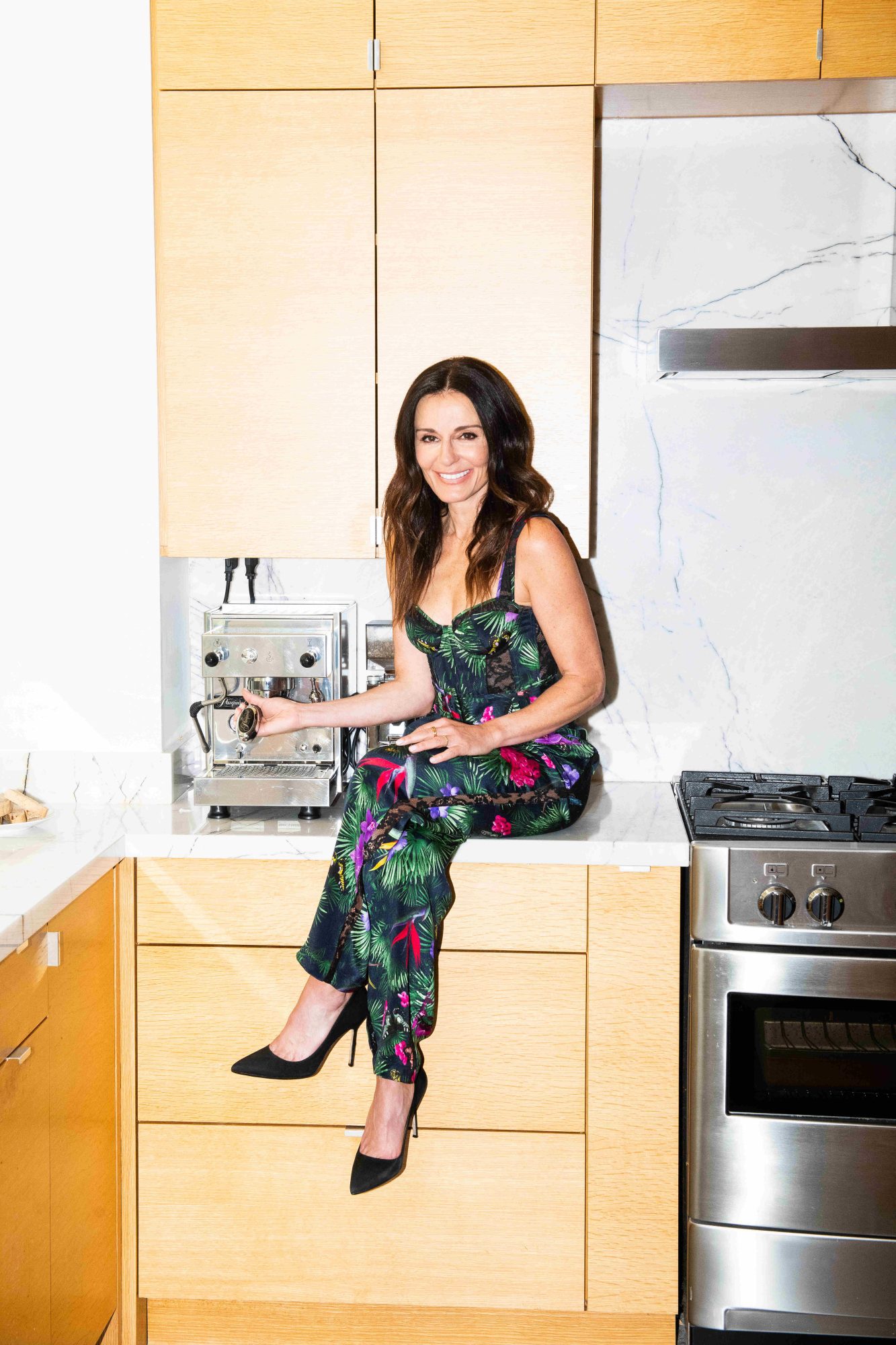

How do you balance honouring tradition while also embracing innovation?
Janet Zuccarini: Each project I take on varies. With Felix, we focused on preserving Evan’s craft. But for other restaurants, I focus on creating accessible neighbourhood spaces that become community fixtures. At the core, it’s about sustainability—financially and creatively. After all, the goal is to create establishments that thrive long-term. My first restaurant, Nervosa, has been open for 28 years in Yorkville. That’s a business achievement I’m proud of.
In a previous life, you were an actor and even had a role in The Godfather trilogy. In what ways do you think restaurants mimic theatre and performance?
Janet Zuccarini: When I create a restaurant, I think of it as crafting a film. It’s all about setting the atmosphere, the feeling, the lighting, and ensuring the food complements the environment. Everything must align cohesively, much like a movie tells a story. To be authentic to a brand and offer a memorable experience, you have to consider every element: food, lighting, music, and ambiance. It all comes together to create an immersive narrative for guests. In essence, opening a restaurant is storytelling, just like making a film.
You mentioned earlier that your father didn’t initially support your career in the restaurant industry, even going so far as to stop speaking to you for a year. Was there a defining moment when you knew that hospitality was your true calling, despite your family’s expectations?
Janet Zuccarini: Yes, it was a complicated situation. In my Italian family, there’s a tradition of children working to support the family, and my father, a self-made entrepreneur, hoped for sons to join his company. He instilled a strong work ethic in me from a young age, but sitting behind a desk felt stifling. I knew I wanted to be an entrepreneur, and he taught me to value working for myself. The restaurant business wasn’t planned—it fell into my lap when I was offered a partnership at Nervosa. Just two weeks later, I found myself in the industry. Despite my father’s disappointment, I felt confident he would eventually understand that I had to live my own life and break free from cultural expectations. Years later, when we reconciled, he admitted that his objections stemmed from love. He wanted to spare me the long hours and challenges he saw me face. However, I loved the work, and once we talked openly, we reached mutual understanding.
What lessons from that early stage still influence your work today?
Janet Zuccarini: The value of hard work is paramount. My father didn’t like seeing me work 16-hour days, but nothing worthwhile comes easy. I had to work every position in my restaurants to truly understand and build a strong company. By being a bartender, a busser, or a server myself, I learned what it takes to make employees feel valued. Those experiences shaped my approach to leadership. Today, I see many people expecting instant success, especially in this era of social media. People want overnight fame from a single viral TikTok. I don’t believe in that. My company grew gradually, and I’m proud of the journey. When people see we have 14 restaurants, they don’t always realize it took 28 years. It was a slow build, and that’s perfectly fine with me.
What would you say are the core tenets of entrepreneurship, considering it has been a constant in your life?
Janet Zuccarini: Entrepreneurship demands a certain fearlessness and willingness to risk it all. Everything hinges on you, and that’s not for everyone. Some people need security, and there’s nothing wrong with that, but entrepreneurs are often wired to tolerate risk. In the beginning, it was easier for me to roll the dice because I had little to lose. Now, I might think twice, but early on, the risk was just part of the thrill.
You were very strategic in owning the real estate for your restaurants, starting with Nervosa’s Yorkville location. With Toronto’s real estate market being so competitive now, what can today’s restaurateurs do to establish stability for themselves?
Janet Zuccarini: When I started, I leased Nervosa but realized that owning the property would provide more security long-term. After 10 years of saving, I was able to buy the building at Yorkville and Bel Air. It took sacrifice—living modestly, reinvesting my earnings—but it was one of the best moves I made. Now, when I find a favourable lease or a good buy, I can invest further in the property, ensuring a solid foundation for the restaurant. Gusto 501, for example, is a significant investment, but I own the building and plan to be here long-term.
Many of your restaurants are deeply rooted in their neighbourhoods. What guides you in creating a “neighbourhood” restaurant?
Janet Zuccarini: Understanding the community is essential. Each neighbourhood has unique needs, and a successful restaurant becomes an extension of that environment. [Toronto’s] Corktown has its own vibe, and I wanted Gusto 501 to complement it while offering something distinctive. The community’s response has been positive, which validates our approach of creating welcoming, comfortable spaces that feel like they belong.
What’s one thing you wish people understood about running a restaurant business?
Janet Zuccarini: People often don’t see what goes on behind the scenes of a restaurant. I started 28 years ago, with a background in business—I’ve got my master’s degree, and I think that’s really important, especially because the margins are so slim. If your food or labour costs go up even a little, your year-end profits are at risk. The restaurant business is high-risk; around 50% of restaurants close within five years. After COVID, for the first time, I would say this industry is really hard. Everything has increased—food costs, minimum wage, and customers are feeling the economic crunch, too. You have to bring value to people and be good with numbers, monitoring them daily, which we do. It’s much tougher now than it used to be.
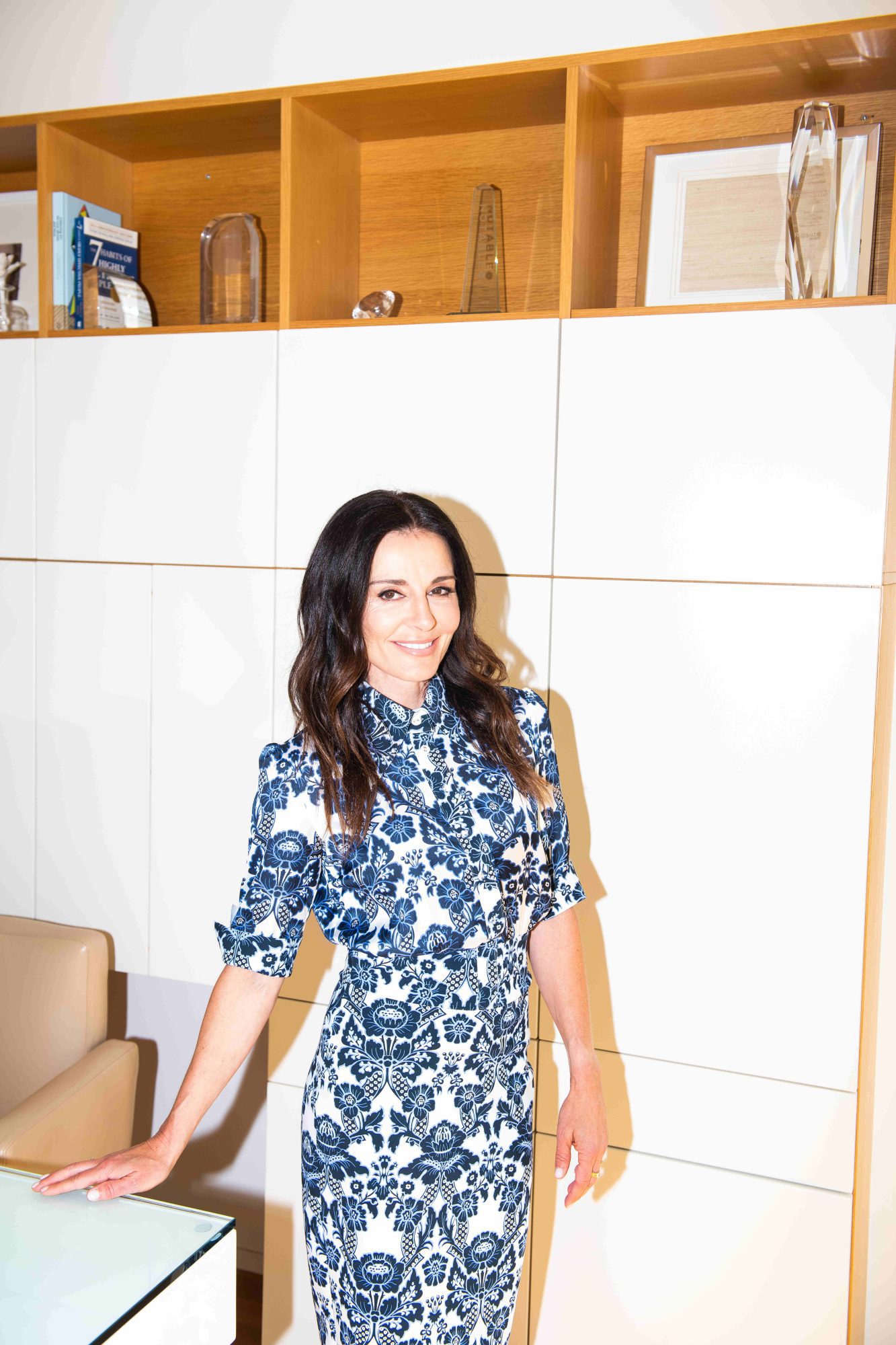

As a judge on Top Chef Canada, what qualities do you look for in contestants? Is there a specific skill that’s essential to becoming a top chef?
Janet Zuccarini: Top Chef isn’t just about cooking one specific cuisine—you’re thrown into different challenges, so versatility is key. You might be an excellent chef, but if you’re teamed up in a challenge and your partner makes a mistake, you could lose. Versatility and the ability to pivot are critical, and if you’re not skilled in pastry, for example, you could still get thrown into making dessert and be at risk. Being well-rounded is essential for the show and in real-life restaurant work. A chef who has experience in every station is always a better chef.
Competing on Top Chef Canada can be intense. Does that pressure translate to real-world success in the culinary industry?
Janet Zuccarini: The pressures are different, but it’s still pressure. Working in a restaurant is constant high-stakes; Top Chef is a great stepping stone for a chef’s career. It puts them in the spotlight, but it’s up to them to leverage that exposure. And the prize money—$250,000 worth of prizes—can make a big difference. It gives chefs a leg up and opens doors if they know how to use it.
RELATED: How SmartSweets’ Tara Bosch is Empowering the Next Gen of Women Entrepreneurs
Looking back at your career and accomplishments, how have your goals evolved?
Janet Zuccarini: The hospitality landscape has changed dramatically, especially after COVID. I’m no longer in a growth mode; I’m focused on stabilizing my company, maximizing revenue in my restaurants, and scaling some existing brands. I’m no longer driven to create something entirely new unless it has deep meaning for me. For example, I would love to open a restaurant in Rome, where I lived for eight years. I’m in talks to make it happen, but otherwise, I’m not building new concepts. I’m at a different stage in my life and career now.
Your restaurant, PAI, thrived during the pandemic due to the takeout-friendly nature of Thai cuisine. Did that model shape your outlook on what’s sustainable in this industry?
Janet Zuccarini: Absolutely. Thai food is highly conducive to delivery, and PAI thrived during that period, whereas Italian food is the opposite—pasta does not travel well. The Thai concept was resilient, but the experience highlighted just how hard it is to sustain certain kinds of cuisine models in challenging times. Most of my restaurants survived, but PAI truly thrived.
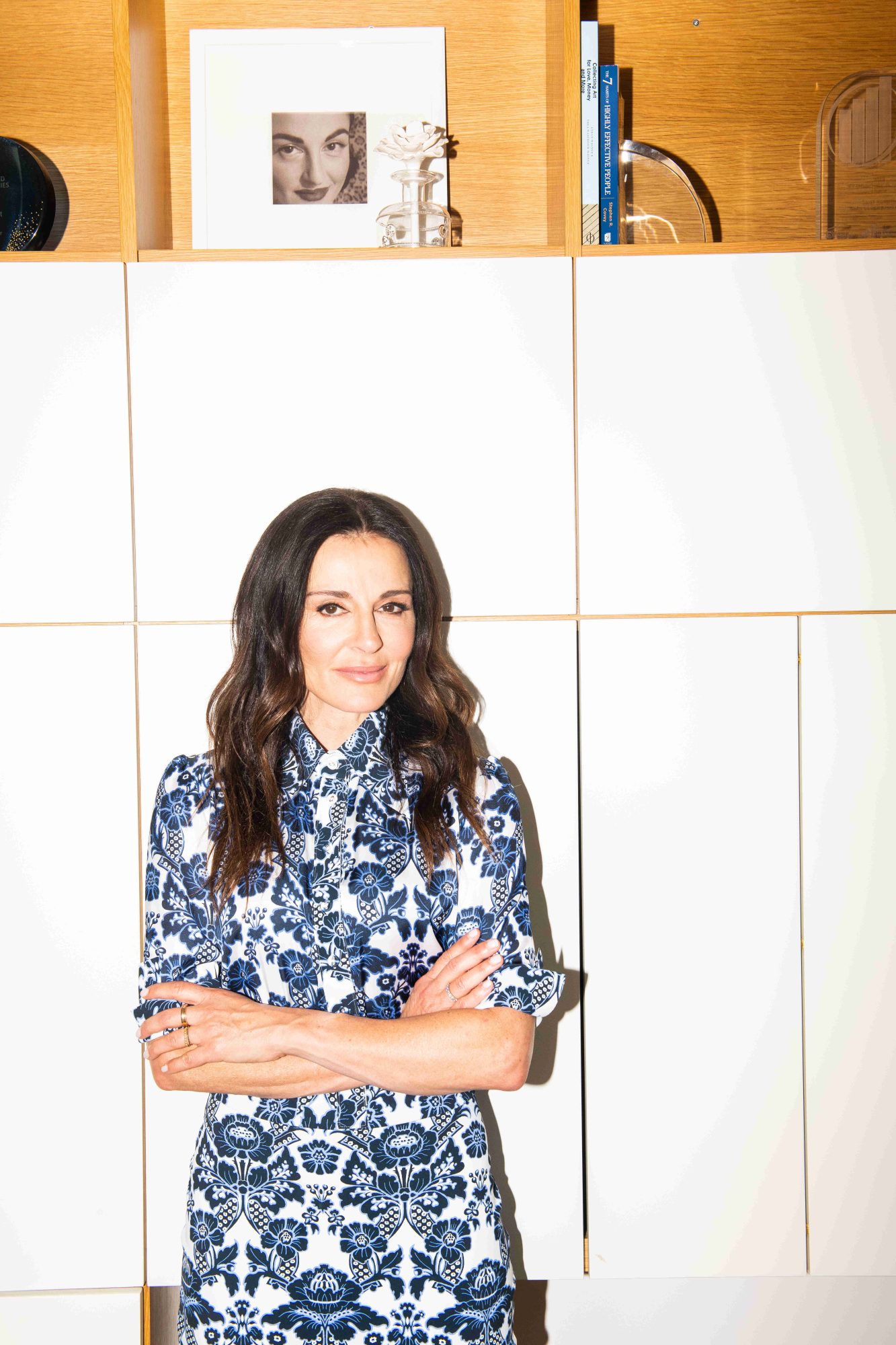

What keeps you passionate about cooking and building restaurants after all you’ve achieved?
Janet Zuccarini: The hunger has changed, but I believe challenges are essential to happiness. We all need passion and purpose—it’s what drives us. My challenges have shifted; now, I’m interested in scaling existing brands and exploring international opportunities, like opening in Europe. I don’t want the all-consuming process of creating a brand from scratch anymore; it’s exhausting. But opening in Rome or expanding Pai is still exciting. These are the new challenges I look forward to.
Reflecting on the early days, what advice would you give to your younger self, on day one at Nervosa?
Janet Zuccarini: I was in a toxic partnership when I first started at Nervosa. I would tell my younger self to stand up for myself sooner. I let that partnership go on far too long. The lesson I’d share with my younger self is to have the courage to advocate for yourself and protect your vision.
What are you still hungry for, both professionally and personally?
Janet Zuccarini: I’d love to do more television—I enjoy my time on Top Chef Canada, and it’s something I’d like to explore further. I’d also love to write a book, possibly a self-help book for women navigating a male-dominated industry, with some recipes included. Traveling is another passion I’m eager to dive back into. I recently returned from a three-week trip to Europe, and it reminded me how much I love exploring new places and experiencing different cultures. Life is about enjoying the journey, and I want to keep seeking new adventures. I just want to enjoy life, have new challenges, and find joy. We can work hard and face challenges, but happiness should be part of the equation, too.
This interview has been edited and condensed for clarity.


